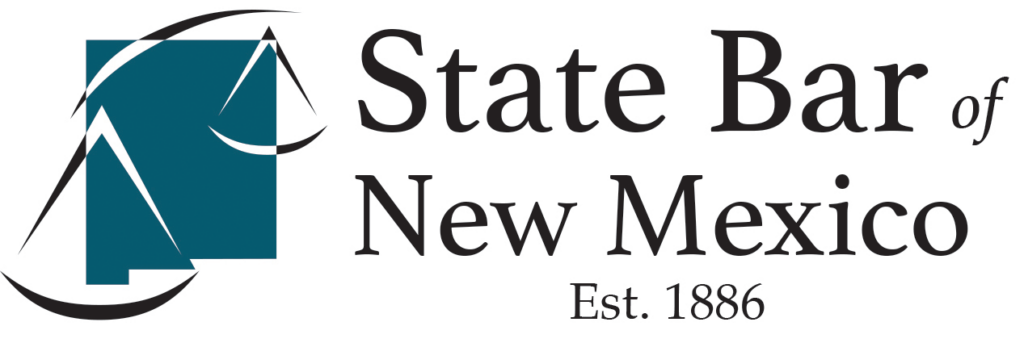You do the grieving; we will handle the paperwork.
Probate is a legal process used to verify the authenticity of a person’s last will and testament. Even if a will exists, it may still be subject to probate depending on the circumstances. However, in cases where a person dies without a will, their estate will automatically go through the probate process and intestate succession.
At Roybal-Mack & Cordova, PC, we strongly recommend that clients allocate sufficient time to estate planning. This ensures that the wealth they have spent their lives building is safeguarded, preserved, and distributed according to their wishes. However, unforeseen deaths or the belief that there is always tomorrow can result in families being subject to the government’s plan for estate distribution.
If your family requires assistance navigating the probate process or if you are experiencing any disputes, our attorneys are here to help. Our goal for our clients is to get all of the legal probate paperwork completed so you can grieve in peace.
Court Process
A deceased’s settlement of an estate may fall to the Probate Court; you can expect the probate process to entail the following:
Application for formal or informal Probate; Application to Appoint a Personal Representative; Investigation and Notice to Creditors; Inventory and Accounting; Settle all creditors, including tax authorities; Transferring the assets to the new owners; Filing a Final Accounting and Closing the Estate
What is Intestate Succession?
If no valid will exists, then the decedent is said to be intestate, and transferring the assets to the new owners is subject to intestate succession. In New Mexico, intestate succession is as follows:
- If the decedent was married at the time of death: All community property passes to the spouse.
- Separate property is divided 25% to the spouse and 75% to the children.
- If a decedent was not married at the time of death, all property passes to the decedent’s heirs
How to Avoid Probate
Probate is not always necessary for estate planning, as certain options can help you avoid it. For example, assets kept in a trust are owned by the trust and not the deceased, thus they are not considered a part of their estate. In addition, joint property ownership allows the surviving co-owner to immediately acquire rights to the property after the other owner’s death. Lastly, having designated beneficiaries for life insurance policies and retirement accounts ensures that the proceeds automatically go to your heirs without the need for probate.
Contact us to schedule an initial consultation at our Albuquerque office. If you are unable to meet in Albuquerque, please ask about our remote consultation options.


